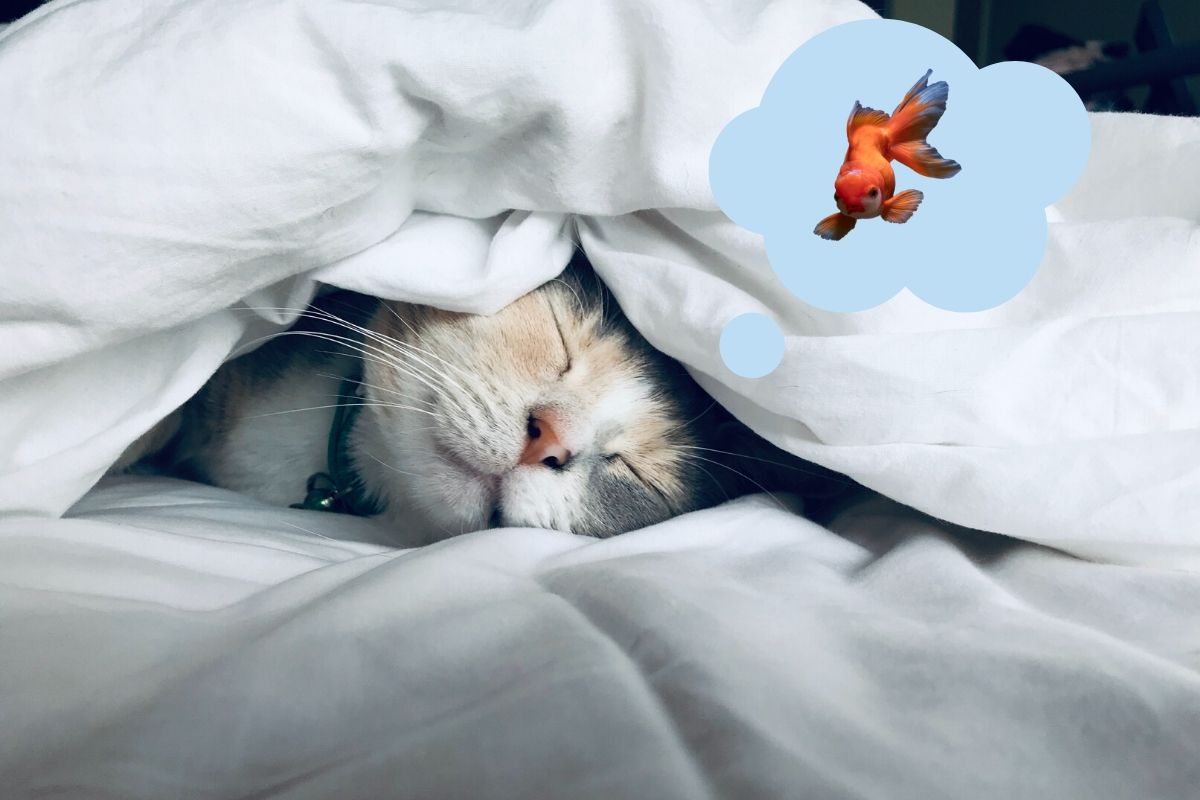
I put out the call to members of our team for their insights into how to manage your mental health during an unprecedented change in everyday life, that we are seeing now because of the Coronavirus. Nicola heeded the call and told me to sleep. I promptly followed her advice, but not before posting her work 🙂
SLEEP GLORIOUS SLEEP
How Does Less Stress…..
Improved Grades……
Enhanced Health…..
Better Mood Sound????
Then Go To Bed!!!!!!
Why Consider Sleep?
Sleep is a fundamental requirement that provides us with physical, mental and emotional renewal.
- During sleep learning and memory consolidation occur
- Good sleep helps us to rebalance our internal systems each day
- Our brains sort through the day’s events and processes the information taken in
- During sleep, our brain stimulates physical repairs to our bodies and relaxes our mental processes as well as deals with emotional distress
FACTS
- 7-9 hours is the recommended sleep range for 18-64 year olds
- You are likely to be underperforming at uni if you’re regularly getting less than this
- Resting is almost as restorative as sleep
TOP SLEEP TIPS
Go To Bed When Sleepy/Get Up at Regular Time:
- Get to bed and get up at a regular time – our bodies do better with a regular rhythm
- A common reason for sleep disturbance is irregular waking times – work, partying or time online followed by sleeping in late makes getting up for a 9 o’clock lecture later in the week seem like jet lag
- Mark the completion of study/work for the day – turn off computer, tick off tasks completed, tidy desk
- Wind down for the evening – perhaps a shower, gentle music or light reading
- Avoid big meals and stimulants like tea, coffee, alcohol and cigarettes within 2 hours of going to bed
Have Your Bedroom Be a Place For Rest and Relaxation
- Arrange your bedroom to be a welcoming place to sleep and relax
Relaxation Before Bed
- Practice deep breathing or relaxation techniques. Consider using a relaxation recording. Deep breathing helps relax the muscles in preparation for sleep and can help you fall asleep again if you wake up during the night
Get Up if You Are Still Awake and Restless After Half an Hour
- Restart you sleep routine as your body reads consistence queues for sleep
- This might include: something calm like read a book, have a cup of herbal tea/warm milk.
- Try not to worry if you’re not sleepy – this is likely to keep you awake longer. Only long-standing sleep disturbance is unhealthy
Exercise Each Day but Not Late at Night
- Three or more times a week is the recommendation – be creative in these times of social distancing
‘Grounding’ Techniques
- If you awake in fright, try touching or holding something solid to remind yourself where you are and to help bring you back to the here and now. For example, grab hold of the bedclothes, focus on a familiar object or look in the mirror to remind yourself that you are safe
OTHER IDEAS
- Try not to look at the clock if you are finding it hard to sleep. Keeping track of the time is likely to add to the frustration
- Tell yourself that you are ready for sleep (not that you can’t sleep); the unconscious mind believes and acts on what it hears most of
- Nap to make up for lost sleep rather that sleeping late next day. If insomnia is an issue for you consider eliminating napping. Always try to nap in the early afternoon and limit it to 30 minutes
Stress is the most common cause of insomnia. If you’re continuing to find it hard to fall asleep, are waking frequently after short periods of sleep, waking up feeling tired and drained even after sleeping regular hours, waking feeling anxious or distressed you might want to consider having a talk with someone about your worries – maybe a counsellor, doctor, parents, partner etc.

